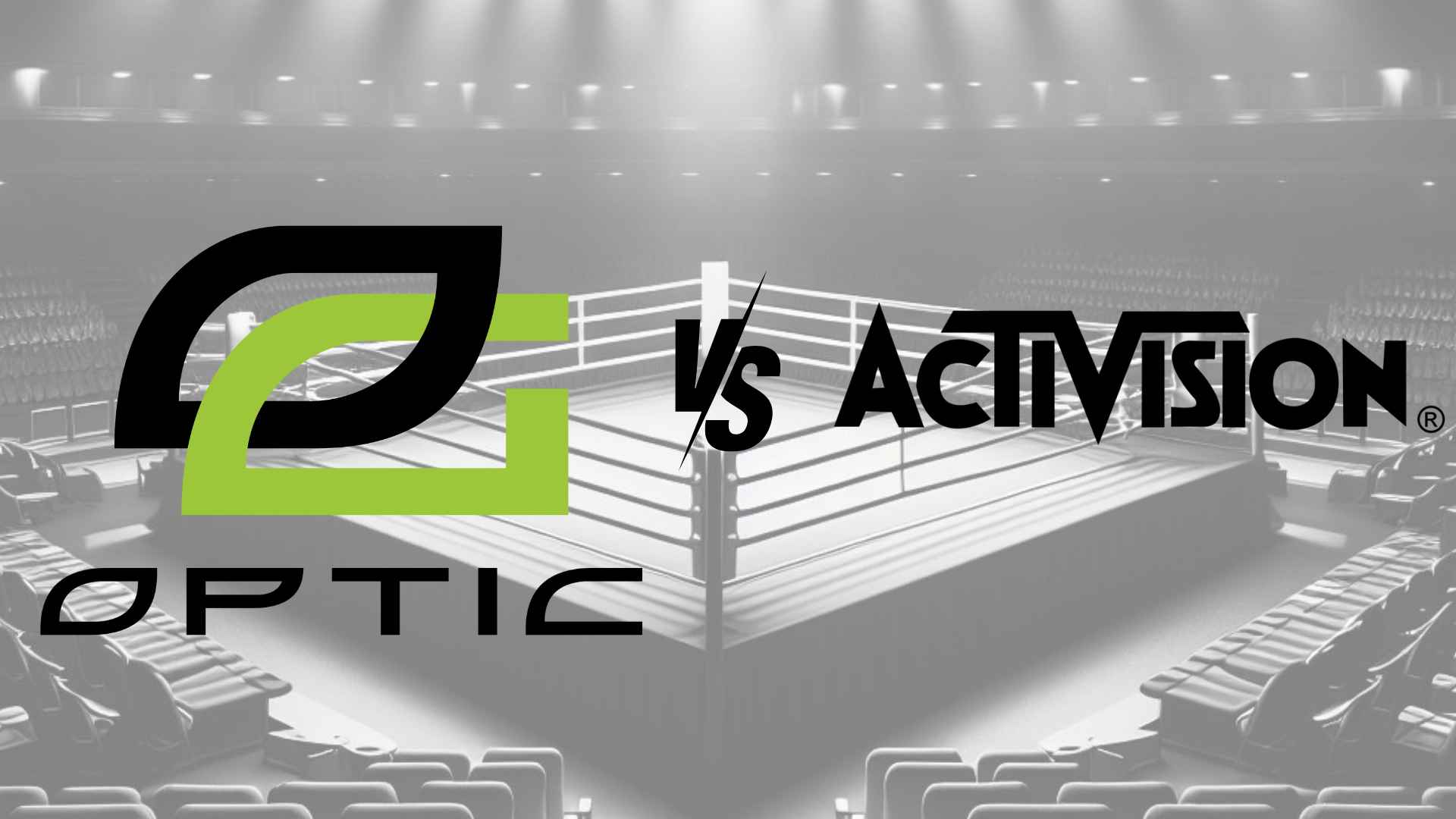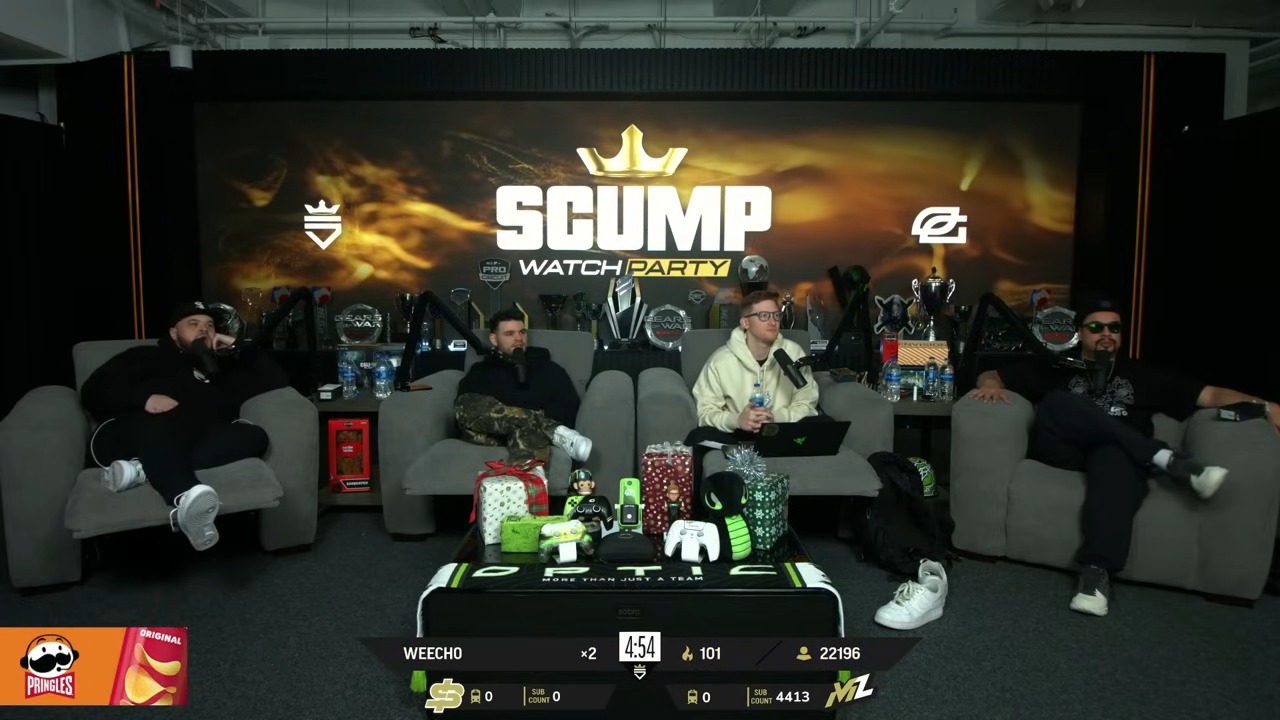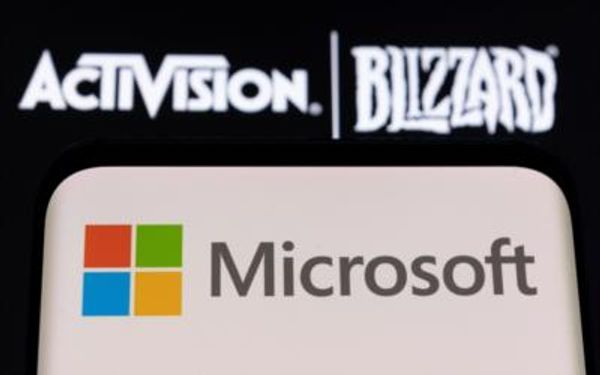
What you need to know
- In 2020, Activision forced Esports organizations to 'buy-in' to a city-based franchise league for $27.5 million.
- According to the lawsuit, Activision placed unfair restrictions on the organizations due to their monopoly in the Call of Duty Esports space.
- OpTic Gaming, one of the most prominent Esports teams in Call of Duty, is suing Activision for these practices.
- The franchise efforts were led by the new Activision President, Johanna Faries.
In another headache for Microsoft since its recent purchase of Activision, Blizzard, and King, one of the most prominent Esports Organizations in OpTic Gaming is suing Activision for using a Monopoly in Call of Duty Esports to enforce 'financially devastating' terms on players and franchise members.
The court dockets for the lawsuit go into great depth regarding the unfair practices imposed on OpTic and its members since joining the Call of Duty League or CDL. This is on the back of the many lawsuits Microsoft is facing due to AI copyright infringement from the New York Times and others, as well as its ongoing legal battle with the FTC for the ABK acquisition, as they have filed a complaint due to Microsoft laying off 1900 employees.
Hopefully, if this lawsuit has some merit, it will not only allow the Call of Duty Esports scene to thrive again, but other games will be able to be outsourced and have tournaments outside of a set league or circuit, improving the overall esports landscape.
Why are OpTic Gaming and Scump suing Activision?

If you don't know, Seth Abner, A.K.A Scump, is the biggest name in Call of Duty Esports, and while he recently retired, he remains pivotal in the Call of Duty scene. After his retirement, he started a watch party on Twitch during the Call of Duty Modern Warfare 2 season that would regularly surpass 100,000 viewers, usually doubling the viewer count of the official Call of Duty League stream. One of the claims in the lawsuit is that Activision took an exclusivity deal with YouTube over Twitch to get a Google Cloud services discount.
The switch from Twitch to YouTube seriously affected Scump's watch party as YouTube has a less vibrant live streaming platform. Scump started streaming on YouTube while streaming on Twitch, but the Twitch stream didn't show any actual gameplay. This didn't stop Activision from copyright-striking Scump's YouTube channel and taking down his stream in real-time.
🚨🎥 LIVE: Last moments of @scump's stream before being taken down via Activison DMCA #FreeScump pic.twitter.com/4nY7pAPOqnDecember 15, 2023
This type of strong enforcement from Activision to damage one of the main draws of viewers to their games is surprising and one of the main reasons for this lawsuit. This is one of the biggest ones that sticks out to me.
"Players, including plaintiff Seth Abner, were forced to agree to lengthy, Activision-drafted “Official Rules, Terms and Conditions” of the Call of Duty League (the “Rules”)—while at a photoshoot, without adequate time to review, despite requesting counsel, and under threat of being excluded from the Activision CoD League absent immediate acquiescence to its terms."
- Activision CoD League was not the result of a collective bargaining agreement between team owners and players. Activision imposed the model on prospective team owners and players.
- Activision used its monopoly over the Call of Duty video games’ intellectual property to acquire an unlawful monopoly in the separate market of professional Call of Duty competition.
- Activision thus completed its acquisition of Major League Gaming—thereby eliminating Activision’s most significant competitive threat in the professional Call of Duty market—without any FTC approval.
- Wielding its unlawful monopoly power as a virtual nuclear weapon, Activision coerced 12 teams to pay Activision a $27.5 million “entry fee” for the privilege of being one of the 12 teams allowed to participate in the Activision CoD League.
- Give Activision an unconditional 50% share of the revenue the team generated from ticket sales, sponsorships, and revenue streams; cede to Activision the exclusive right to contract with the most lucrative professional Call of Duty sponsors, such as energy drink companies (e.g., Monster Beverage and Mountain Dew) and military-related companies (e.g., USAA Insurance)
- Cede to Activision the exclusive right to contract with broadcasters (e.g., cable television and streaming networks)
- Refrain from participating in or supporting any professional Call of Duty leagues or tournaments other than the Activision CoD League;
- Prohibit the team’s players from participating in or supporting any professional Call of Duty leagues or tournaments other than the Activision CoD League;
- Prohibit the team’s players from engaging in any commercialized Call of Duty game play (e.g., streaming informal “friendlies” on YouTube or Twitch) outside the Activision CoD League.
Honestly, I'm hesitant to directly comment on some things on this list because of the serious accusations, such as coercion to agree to binding terms. However, one of the major themes in the lawsuit is how Activision used this same franchise model with Overwatch, which has failed horribly, and Call of Duty is set to suffer the same fate.
Should video game publishers have the sole power over Esports for their games?

I have been a fan of Call of Duty Esports since 2014, and specifically, organizations like OpTic Gaming, Faze, and 100 Thieves in recent years. It has been disheartening to see the decline in Call of Duty Esports since the introduction of the CDL in 2020. Watching esports scenes die as Overwatch did recently, and other tournaments being shut down like the Super Smash World Tour by Nintendo, per the Verge.
Some people might see this lawsuit as OpTic trying to get some of Microsoft's money now that Activision has deep coffers. Still, as a long-time fan of OpTic and Call of Duty, I believe this is an attempt to right the ship before Call of Duty Esports go the way of the dodo, which would be the worst possible outcome.
I don't think a game publisher should have 100% ownership in tournaments held using that intellectual property, but I'm not a lawyer. Hopefully, a judge can weigh in and find a middle ground. I also have not seen any significant focus from Microsoft's gaming CEO on Esports or growing the Esports scenes in either Halo or the newly acquired CDL. I hope they decide to put an emphasis there, as a large fan base loves the competitive side of video games.
Again, I'm not a lawyer, so I don't know if the lawsuit has enough legal merit to win out, and I would be hard-pressed to bet against Microsoft's lawyers. Still, I hope they win or force Activision to settle to create a precedent for other IP holders to loosen Esports restrictions. We have seen similar practices from Nintendo regarding Super Smash Brothers tournaments, not allowing them to be played unless sanctioned, etc.










